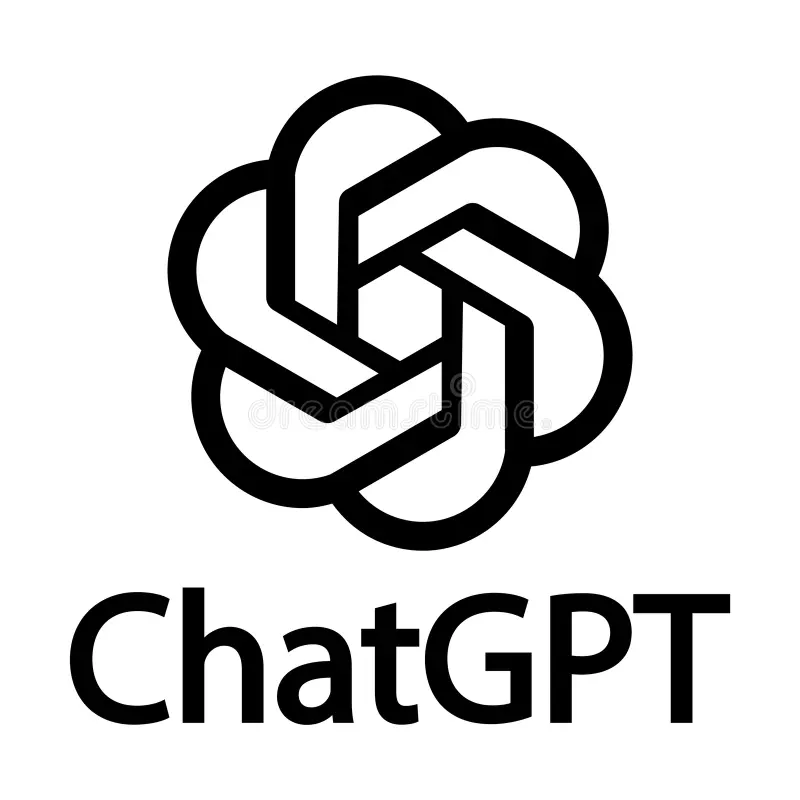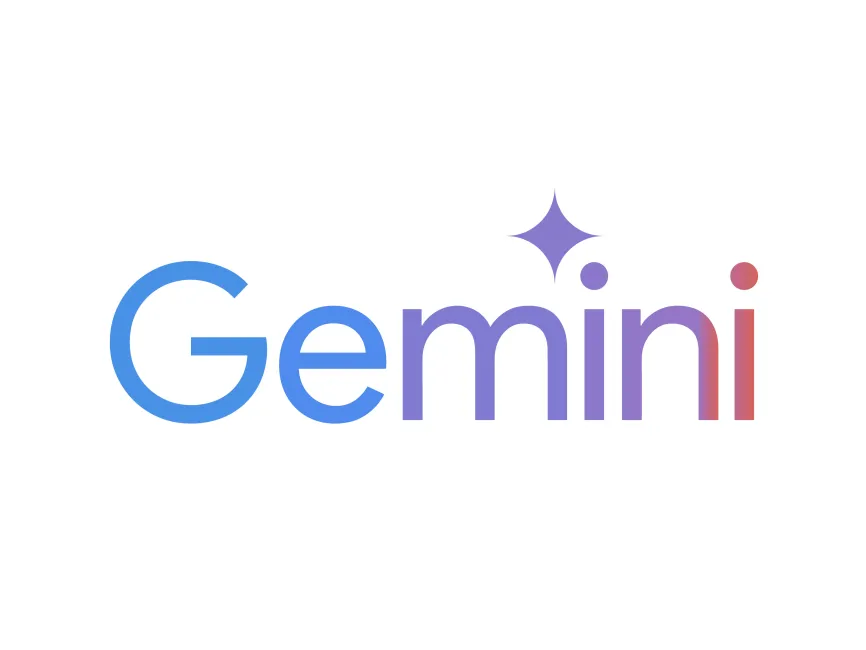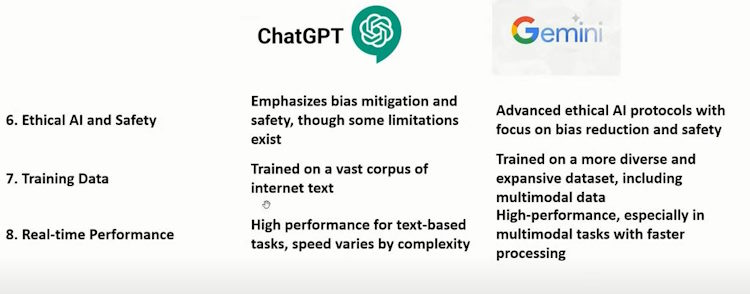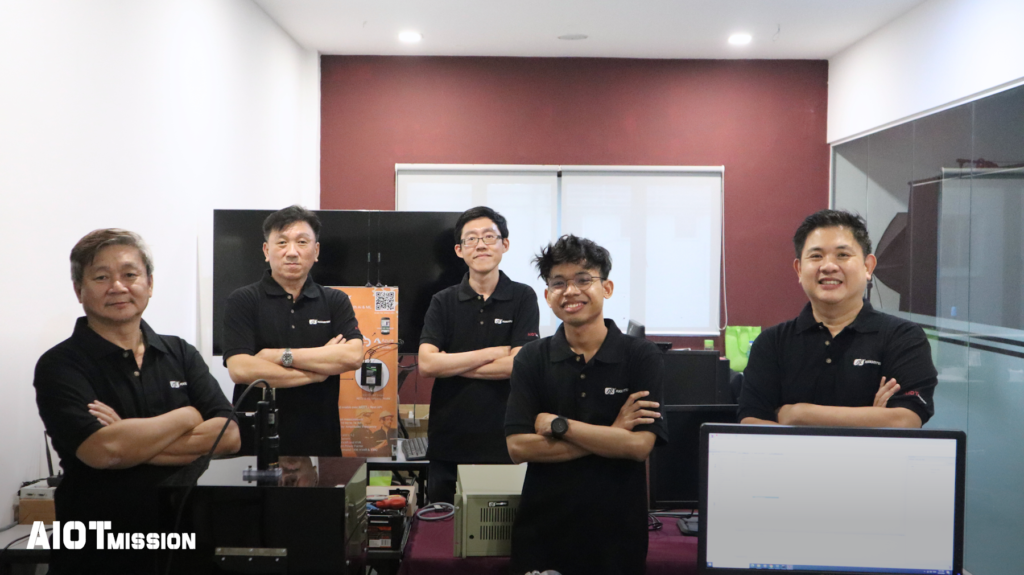Chat GPT and Gemini the top two Gen AI LLM platform
Today, we are discussing two major LLM (Large Language Model) Gen AI platforms namely Chat GPT and Google Gemini and their potential to drive industrial transformation in the near future.
LLM Gen AI is poised to play a crucial role in various aspects of industrial transformation, particularly in processes that require optimization and improvement. These platforms will be instrumental in data analytics, where machine learning and deep learning AI models are applied.
Given the rapid advancements in LLM Gen AI development, it is only a matter of time before these platforms take on the responsibility of seamlessly integrating AI models. This will enable end-to-end solutions, connecting data analytics with LLMs to deliver comprehensive outcomes.



What is industrial Transformation?
Industrial transformation refers to the comprehensive process of adopting advanced technologies, digitalization, and new business models to fundamentally change the way industries operate.
This transformation aims to enhance efficiency, productivity, flexibility, and sustainability across the value chain. It is often associated with the concept of Industry 4.0, which represents the fourth industrial revolution characterized by the integration of cyber-physical systems, the Internet of Things (IoT), big data, artificial intelligence (AI), and other advanced technologies into manufacturing and industrial processes.
Why is the industrial transformation so important?
Competitive Advantage: Companies that embrace industrial transformation are better positioned to compete in a global market, as they can produce higher-quality products more efficiently and at lower costs.
Innovation: Industrial transformation drives innovation, leading to the development of new products, services, and business models that can meet changing consumer demands.
Sustainability: By adopting more efficient and sustainable practices, industries can reduce their environmental impact, which is increasingly important for regulatory compliance and corporate responsibility.
Resilience: Enhanced flexibility and data-driven decision-making enable industries to better respond to disruptions, whether due to market changes, supply chain issues, or global events like pandemics.
In summary, industrial transformation is a comprehensive overhaul of traditional industrial practices through the adoption of advanced technologies and new business models. It is a critical process for companies seeking to remain competitive, innovative, and sustainable in the rapidly evolving industrial landscape.
Comparision Chart on the features of both the LLM Platform:

Based on the comparison chart of both LLM platforms, it’s clear that each platform excels in specific industrial applications. For instance, if a factory aims to leverage AI in commercial areas like sales and marketing, Google’s extensive dataset and integration within its ecosystem might deliver more accurate and relevant outputs. However, ChatGPT’s flexible handling of the OpenAI API allows users greater customization, enabling them to tailor the model to specific applications beyond the general use cases, offering more adaptability in diverse industrial scenarios.
here Large Language Models (LLMs) can be used in smart manufacturing are:
1. Predictive Maintenance
Application: LLMs can analyze historical maintenance data, sensor readings, and equipment logs to predict when machinery is likely to fail or require servicing. By providing insights into potential issues before they occur, LLMs help reduce downtime, extend equipment life, and optimize maintenance schedules.
2. Quality Control
Application: LLMs can process data from various quality control points, including visual inspection, sensor outputs, and production records. They can identify patterns that may indicate defects or variations in product quality, allowing for real-time adjustments to the manufacturing process to maintain high standards.
3. Supply Chain Optimization
Application: LLMs can be used to analyze supply chain data, forecast demand, optimize inventory levels, and enhance logistics. By providing insights into supply chain dynamics and potential disruptions, LLMs help manufacturers make more informed decisions, improve efficiency, and reduce costs.
4. Process Optimization
Application: LLMs can be employed to analyze and optimize manufacturing processes by interpreting data from production lines, historical records, and real-time inputs. They can suggest improvements, simulate different scenarios, and help manufacturers optimize resource usage, energy consumption, and overall production efficiency.
These key areas leverage the capabilities of LLMs to enhance efficiency, reduce costs, and improve product quality in smart manufacturing environments.
Two key strengths of ChatGPT 4.0 over Gemini in handling smart factory applications are:
1. Advanced Conversational Abilities
Strength: ChatGPT 4.0 excels in natural language understanding and generation, making it particularly strong in conversational interfaces. This can be highly beneficial in smart factories for human-machine interaction, where workers need to communicate with AI systems to operate machinery, retrieve information, and troubleshoot issues using natural language.
Benefit: Enhances user experience and reduces the learning curve for factory workers by enabling intuitive and effective communication with factory systems.
2. Mature Ecosystem and Integration
Strength: ChatGPT 4.0 benefits from being part of OpenAI’s mature ecosystem, which includes robust APIs, integrations, and extensive third-party support. This makes it easier to integrate ChatGPT into existing smart factory systems, such as enterprise resource planning (ERP), manufacturing execution systems (MES), and other industrial software.
Benefit: Facilitates quicker and smoother implementation within smart factory environments, leveraging existing tools and workflows to improve efficiency and productivity.

AIoTmission Sdn Bhd, established in 2022 as a subsidiary of Axiomtek (M) Sdn Bhd, is a leading provider of technological training and consultancy services specializing in Artificial Intelligence (AI) and Industrial Internet of Things (IIoT) solutions. Our mission is to drive the Fourth Industrial Revolution (IR4.0) and facilitate digital transformation across Southeast Asia, including Malaysia, Singapore, Indonesia, the Philippines, Thailand, Vietnam, and Myanmar.
At AIoTmission, we are dedicated to advancing research and development in AI and IIoT technologies, with a focus on industrial applications such as sensors, gateways, wireless communications, machine learning, AI deep learning, and Big Data cloud solutions. Through collaboration with our valued clients and partners, we deliver innovative solutions tailored to industry needs, enhancing technological capabilities and operational efficiency.
The primary focus of the discussion from this live session are mainly technological related especially in the AI and Industrial IOT field which touches the applications in the industries. This session is presented by Mr. CC Lee, our technology trainer and public speaker, along with Mr. Tan Kien Leong, the AIoT trainer and solution architect from AIoTmission.
The primary focus of the discussion was on smart supply chain management utilizing AI and IoT. This topic was presented by Mr. CC Lee, our technology trainer and public speaker, along with Mr. Tan Kien Leong, the AIoT trainer and solution architect from AIoTmission.
Revolution
The Future of Industrial Transformation
Chat GPT
Flexible handling of the OpenAI API allows users greater customization, enabling them to tailor the model to specific applications beyond the general use cases, offering more adaptability in diverse industrial scenarios.
Google Gemini
Google’s extensive dataset and integration within its ecosystem might deliver more accurate and relevant outputs.
